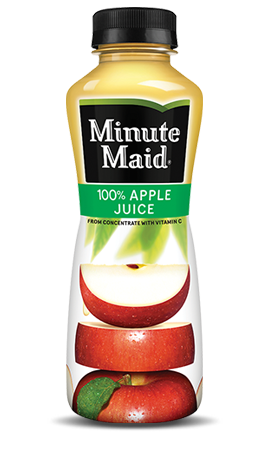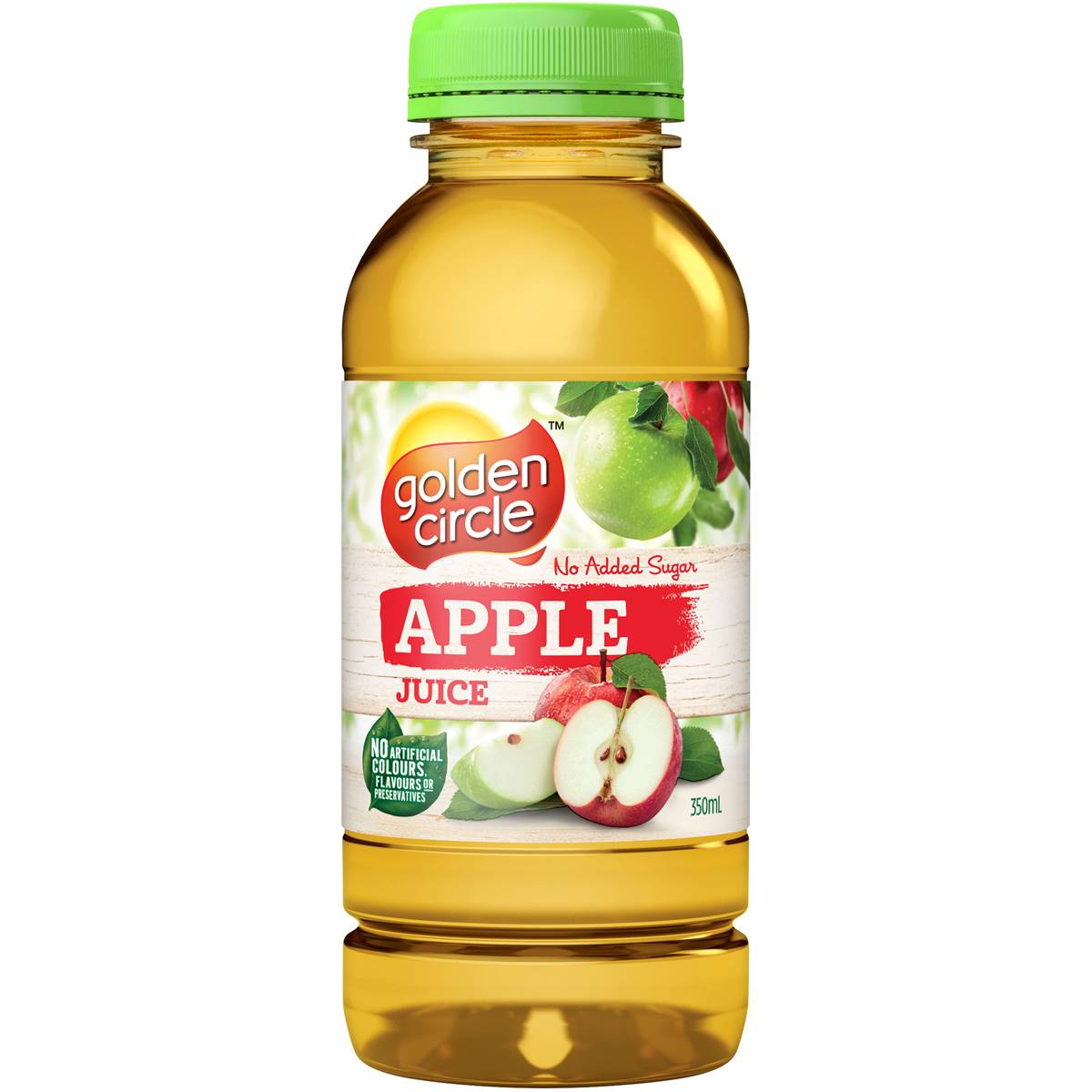It’s apple picking season, the air is cool and a hot mug of cider is sure to hit the spot. But wait, what is cider (and is it the same as the juice box you put in your kid’s lunch)? While both apple cider and its juicy cousin come from the same fruit, the process by which they’re made results in slight differences in both taste and mouthfeel. If you’re trying to pick a team in the apple cider vs. apple juice debate, let us help you make an informed decision. (Spoiler alert: Cider takes all.)
The Difference Between Apple Cider and Apple Juice

Apple juice is also a very good source of vitamin C, although the amount is lower than orange juice. However, apple juice can give more-or-less similar benefits as orange juice. In addition, apple juice is believed to be beneficial for preventing certain cancers, brain cell damage, asthma, and heart disease. Product Title (2 pack) Apple & Eve 100% Juice, Apple, 64 Fl Oz, 1 Count Average Rating: ( 4.7 ) out of 5 stars 146 ratings, based on 146 reviews Current Price $4.96 $ 4. If you love fresh apple juice but don’t have time to trek out to an orchard this fall then have we got a trick for you; homemade apple juice is incredibly easy, tastes amazing, and only takes a few simple steps. Start with a 5-6 lb. Bag of apples; you’ll need about 18 apples to make 2 quarts (about 8 cups) of juice. Scale up or down as you. Apple Rush offers 100% natural sparkling juice products. Featuring natural, wholesome sparkling juice with just the right amount of flavor and no added sugar. Find iPhone cases and screen protectors to defend your phone against water, dust, and shock. Shop iPhone protective covers today. Buy online with fast, free shipping.
It’s no wonder that we’re confused—apple cider and apple juice are very similar. In fact, Martinelli’s admits that the only difference between their cider and their juice is the labeling. “Both are 100% pure juice from U.S. grown fresh apples. We continue to offer the cider label since some consumers simply prefer the traditional name for apple juice,” says their website.
Wait, what? So they’re…the same? Not so fast. While there’s no universally-agreed upon legal distinction between apple juice and apple cider, most experts say that there is a slight difference in how they are produced which can impact the final product.
Per chef Jerry James Stone, “When it comes to apple cider, it typically tends to be juice that’s pressed from the apples, but then is not completely unfiltered or even pasteurized.” The remaining pulp or sediment gives apple cider a cloudy or murky appearance. “It’s kind of the most raw form of apple juice that you can get,” he adds. Don’t be put off by your drink’s hazy appearance though—that pulp might actually benefit your health. Per the American Institute for Cancer Research (AICR), “cider contains more of apples’ [healthful] polyphenol compounds than clear commercial apple juice.” In fact, the AICR says that in some cases cider contains up to four times the amount of these polyphenol compounds, which are thought to play a role in reducing cancer risk.
Gallery: 12 Essential Bourbons for Your Liquor Cabinet (Food & Wine)

Apple juice, on the other hand, starts out as cider and then undergoes further processing steps to filter out sediment and pulp. What does this mean for the final product? “It’s clean and crisp and lasts a lot longer,” says Stone.
Apple Juice Vs Cider
What’s the Deal with Alcoholic Cider?
To answer this one, we need to know where you live. Seriously, though, ‘cider’ has a different meaning outside the United States. (Read: It’s not the stuff you put in a sippy cup.) Throughout Europe, cider refers to an alcoholic beverage—a form of fermented, boozy goodness that’s known as ‘hard cider’ stateside. There are lots of different hard ciders on the market, featuring a variety of different flavorings, but if you live in the United States they will all be labeled as such, to make consumers aware that the fruit has been fermented (i.e., turned into alcohol) and distinguish it from the soft stuff. Outside the U.S., however, you can pretty much count on the fact that anything labeled as cider is hard enough to make you blush.
How to Choose Between Apple Cider and Apple Juice
Homemade Apple Juice From Apples
As a stand-alone beverage, the choice between apple juice and cider is simply a matter of personal preference. For starters, how sweet do you like your apple drink? If you’re looking for something a little more complex and less sweet, apple cider is your best bet. However, if you prefer to sip on something ripe and sugary, apple juice is a better match. (Hint: This distinction also explains why the latter gets so much love from little kids.)

Apple Juice From Apples
But regardless of which one you prefer to imbibe; apple juice and apple cider are not necessarily interchangeable when it comes to cooking. The experts over at Cook’s Illustrated conducted an experiment where they tried swapping unsweetened apple juice for cider as a braising liquid for both pork chops and roast ham. The conclusion? “Tasters were turned off by excessive sweetness in the dishes made with apple juice, unanimously preferring those made with cider.” The culinary researchers go on to explain that this result is rather unsurprising, because “the filtration process used in making juice removes some of the complex, tart, and bitter flavors that are still present in cider.” What does it all mean? Basically, cider has a lot more going on—so if a recipe calls for the unfiltered stuff, there’s a good chance it’s contributing more than just sweetness to whatever you’re cooking up.

